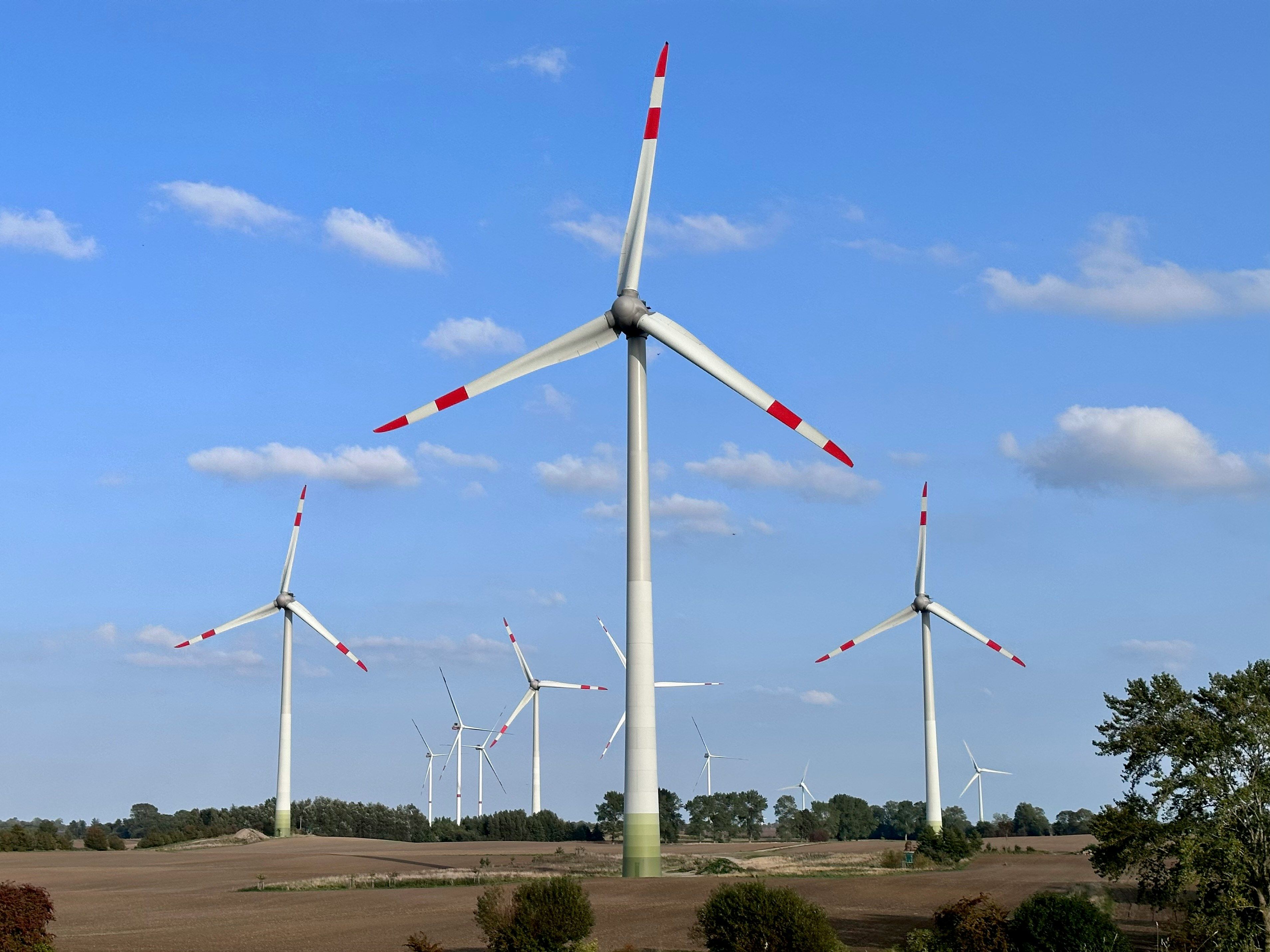
What determines support for EU-climate policy?
Climate change is one of the greatest challenges of our time, and the European Union has set itself ambitious targets to become climate-neutral by 2050. A new policy paper from the Cluster of Excellence "The Politics of Inequality" at the University of Konstanz now shows that acceptance of EU climate policy strongly depends on the inclusion of social policy measures.
How does the German population view EU climate policy? This question is being explored by political scientist Sharon Baute, Assistant Professor of Comparative Social Policy, and Principal Investigator at the Cluster of Excellence "The Politics of Inequality" at the University of Konstanz. In her open-access policy paper, she discusses the implications of these findings for the future of EU climate policy.
“In general, the study indicates a broad basis for climate policy measures,” explains Baute. About 95% of the roughly 6,000 respondents agree that climate change is at least partly man-made, and a majority anticipate negative consequences for humanity. However, public approval of EU climate change mitigation policies heavily depends on their design features.
“Support for EU climate policy can be significantly increased when social policy measures are included,” concludes Baute. "Both low-income and high-income groups prefer policy packages with social components: For example, measures that invest in human capital—such as (re)training employees—or programs that provide subsidies for low-income households”. The study also reveals that German citizens prefer EU funds to be distributed according to the population size of EU member states rather than their greenhouse gas emissions, for example.
Overall, the results of the survey can provide important information for the successful implementation of climate policy measures. For example, they are also relevant in the context of the Building Energy Act (GEG), which took effect in January 2024. The initial draft, which overlooked key social considerations, faced considerable resistance. Only after significant revisions was the law eventually passed.
Key facts:
- The original publication “The distributive politics of the green transition: a conjoint experiment on EU climate change mitigation policy” is available on the website of the Journal of European Public Policy.
- The online survey was fielded in January 2023 among 5,796 respondents of the German population, aged 18-75. Quotas for age, gender, education, and region were applied to ensure that the sample was representative of the demographic composition of the general population between 18 and 75 years old.
- Based on these results, the policy paper “How to foster public support for European climate policies: Evidence from the German population” has now been published. The policy paper is published jointly with the Berlin think tank “Das Progressive Zentrum (DPZ)”.
- Sharon Baute is an Assistant Professor of Comparative Social Policy and Principal Investigator at the Cluster of Excellence “The Politics of Inequality” at the University of Konstanz. Her research covers topics in social policy, European integration and international solidarity.
- The Cluster of Excellence “The Politics of Inequality” at the University of Konstanz examines the political causes and consequences of inequality from an interdisciplinary perspective. The research addresses some of the most pressing issues of our time: access to and distribution of (economic) resources, the global rise of populists, climate change and unfairly distributed educational opportunities.

